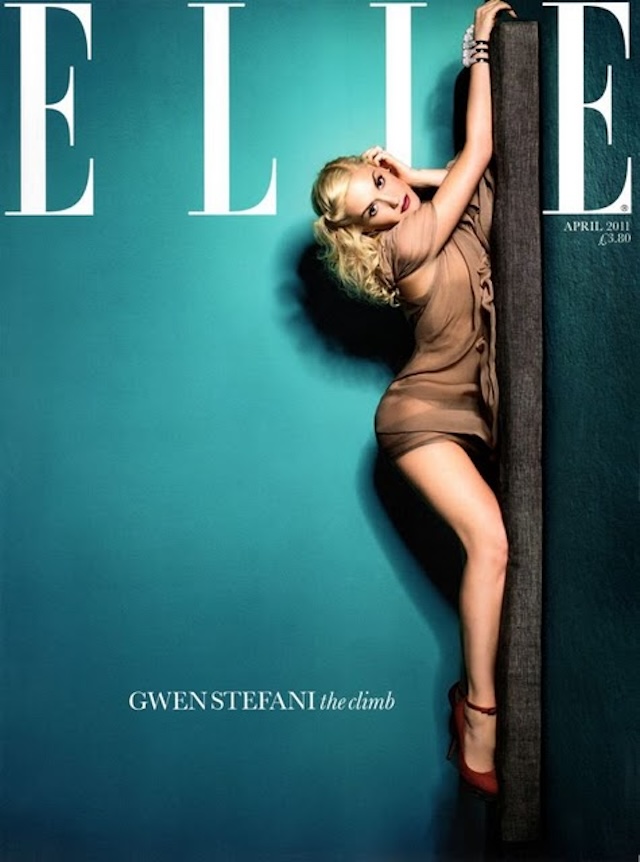Gwen Stefani has established herself as one of the most iconic and multifaceted figures in modern entertainment. Her career spans more than three decades, during which she has transitioned from fronting a ska-punk band to becoming a successful solo artist, fashion designer, and television personality. Here, we explore her rise to stardom, her creative ventures, and the lasting impact she’s made on both music and pop culture.
Humble Beginnings and Musical Roots
Gwen Renée Stefani was born on October 3, 1969, in Fullerton, California. Raised in Anaheim, she grew up in a close-knit family, where her parents, Dennis and Patti, encouraged her artistic pursuits. Early exposure to a variety of musical genres like folk, ska, and punk, heavily influenced Gwen’s sound. Her older brother, Eric Stefani, played a crucial role in her musical journey by introducing her to ska music and inviting her to join his band, No Doubt, in 1986.
What started as a small ska band would soon evolve into one of the most recognized alternative rock groups of the 1990s. Initially a backup singer, Gwen became the lead vocalist after the original frontman, John Spence, left the group. This transition marked the beginning of her rise to fame.

The Breakthrough with No Doubt: Tragic Kingdom
No Doubt’s breakthrough came with the release of their third studio album, Tragic Kingdom, in 1995. Featuring chart-topping hits like “Just a Girl,” “Spiderwebs,” and the heartbreak anthem “Don’t Speak,” the album catapulted the band—and Gwen Stefani—to international fame. Tragic Kingdom sold over 16 million copies worldwide, solidifying No Doubt’s place in music history.
“Don’t Speak,” a personal song about Gwen’s breakup with fellow bandmate Tony Kanal, became an anthem of the 90s, cementing her reputation as a talented vocalist and songwriter. The album’s success earned No Doubt multiple Grammy nominations and made Gwen Stefani a household name.

Solo Career: The Transition to Pop Stardom
By the early 2000s, Gwen was ready to explore new creative avenues. In 2004, she launched her solo career with the album Love. Angel. Music. Baby., marking a significant shift from her ska and rock roots to a more pop-focused sound. The album was a massive commercial success, featuring hits like “What You Waiting For?”, “Rich Girl,” and the unforgettable “Hollaback Girl,” which became the first digital single in U.S. history to sell over one million copies.
Her next album, The Sweet Escape (2006), continued her pop domination. The title track became a global hit, showcasing Gwen’s ability to blend genres such as pop, electronic, and R&B. These solo ventures proved Gwen’s versatility and adaptability in the ever-evolving music industry.

A Force in Fashion: L.A.M.B. and Beyond
Gwen’s influence isn’t confined to music; she has also made a name for herself in the fashion world. In 2003, she launched her own clothing line, L.A.M.B. (Love Angel Music Baby), which became an immediate success. Drawing inspiration from her eclectic style and incorporating elements of punk, ska, and high fashion, L.A.M.B. became a favorite among celebrities and fashion enthusiasts.
She didn’t stop there. Inspired by her fascination with Japanese culture, Gwen launched the Harajuku Lovers line, an extension of L.A.M.B. that further displayed her creativity. Over the years, she has expanded her fashion empire, launching fragrances, accessories, and even children’s clothing. Her fearless approach to design has solidified her status as a trendsetter, both on and off the stage.

Reunion with No Doubt
Despite her solo success, Gwen returned to her roots by reuniting with No Doubt in 2012 to release Push and Shove. Though it didn’t achieve the same level of commercial success as Tragic Kingdom, it marked a nostalgic return for fans of the band. Songs like “Settle Down” proved that No Doubt still had the energy and creativity to deliver genre-blending hits.
While the band’s output has slowed in recent years, their influence on alternative rock and ska-punk continues to resonate, and Gwen’s place in music history is undeniable.

Television Stardom: The Voice
In 2014, Gwen Stefani took on a new role as a coach on The Voice, the popular singing competition show. Her warm personality, combined with her extensive knowledge of the music industry, made her a beloved coach. Through her mentoring, she’s been able to connect with a new generation of fans, expanding her influence far beyond her music.
Gwen’s role on The Voice has become a major part of her career in recent years, and her chemistry with fellow coach—and now husband—Blake Shelton has often made headlines. Their musical collaborations, including hits like “Nobody but You” and “Happy Anywhere,” have only added to the couple’s media appeal.
Personal Life and Finding Love Again
Gwen’s personal life has always attracted significant media attention, particularly her relationships. She married Gavin Rossdale, the lead singer of Bush, in 2002, and the couple share three sons: Kingston, Zuma, and Apollo. After 13 years of marriage, they divorced in 2015, a highly publicized event that left Gwen searching for a new direction.
In 2015, she began dating Blake Shelton, her fellow coach on The Voice. Their relationship became one of the most talked-about romances in the entertainment world, and in 2021, they married in an intimate ceremony at Shelton’s Oklahoma ranch. Gwen has described their relationship as a source of healing and strength after her difficult divorce.

Gwen Stefani Today: A Legacy of Innovation
Today, Gwen Stefani continues to explore new creative ventures while staying true to her musical roots. In 2020, she released the single “Let Me Reintroduce Myself,” which harkened back to her ska-punk origins while blending modern pop elements. Fans eagerly await what’s next from this dynamic artist.
Her fashion brand, L.A.M.B., remains successful, and Gwen’s ability to balance her roles as a singer, fashion designer, television personality, and mother has made her an inspiration to many. Whether performing on stage, mentoring up-and-coming artists, or making bold moves in the fashion industry, Gwen Stefani’s influence is undeniable.

The Legacy of Gwen Stefani
From her days as the frontwoman of No Doubt to her reign as a solo pop icon, Gwen Stefani has continuously evolved while maintaining a strong sense of artistic authenticity. She has navigated the challenges of a rapidly changing music industry with grace, proving that reinvention is possible without sacrificing identity.
Whether through her genre-defying music, groundbreaking fashion, or inspiring personal journey, Gwen Stefani’s legacy will endure for decades to come. She remains a trailblazer, a trendsetter, and a cultural icon whose impact spans multiple generations.



